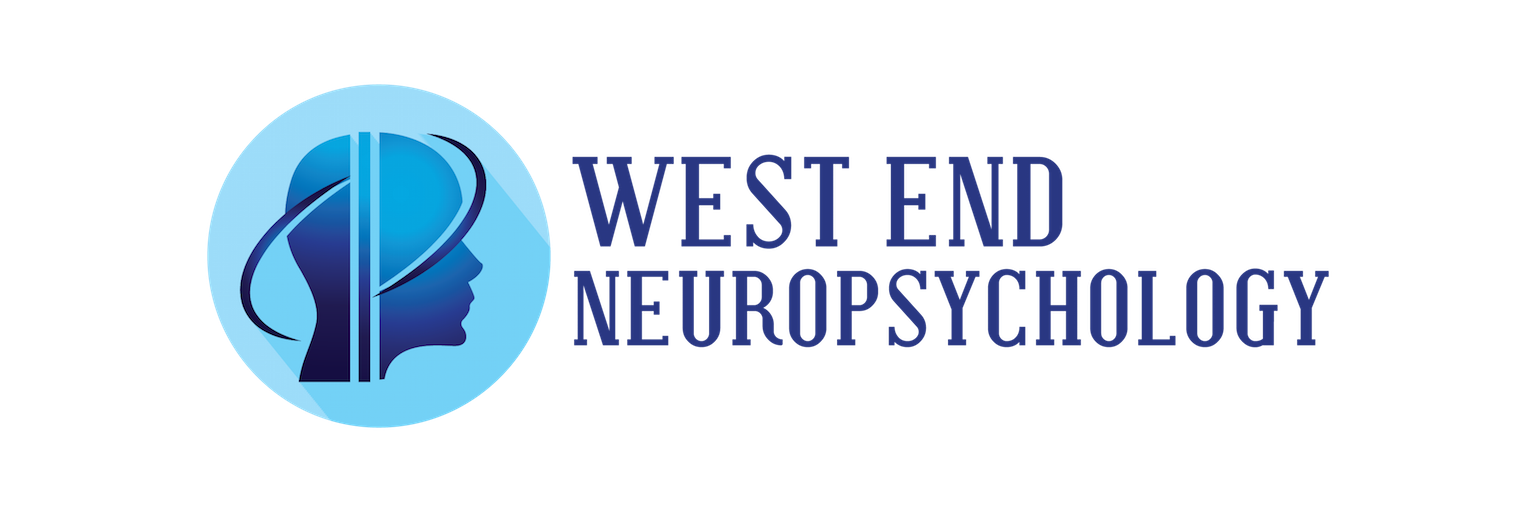 In my work as a neuropsychologist, patients often ask if their perceived changes in memory and thinking is related to their age. This question is difficult to answer and an accurate response requires a professional evaluation. We can easily see changes in one’s physical functioning and appearance during the aging process, but detecting changes in memory and cognition is a lot trickier.
In my work as a neuropsychologist, patients often ask if their perceived changes in memory and thinking is related to their age. This question is difficult to answer and an accurate response requires a professional evaluation. We can easily see changes in one’s physical functioning and appearance during the aging process, but detecting changes in memory and cognition is a lot trickier.
Changes in memory are expected as one ages. In fact, changes in memory (and overall cognitive functioning, but I’ll just focus on memory because this is the most common area of concern) begin earlier in our life span and gradually decline over the years. That’s key – GRADUALLY. If there is a sudden change/onset of memory decline, there may be a more acute process or event that has occurred which requires evaluation from a medical professional (to rule out stroke and/or brain tumor, for example). Gradual changes are NORMAL, but time tends to slip between our fingers while these so-called gradual changes have been occurring for years.
Some examples of normal aging and normal memory difficulties include forgetting why you walked into a room, forgetting where you parked your car in the grocery store parking lot, or misplacing items on occasion. Memory changes may be “something more†when these types of behaviors occur more frequently or if they interfere with daily living, especially if they interfere with daily living. If you or a loved one notices changes in ability to complete everyday tasks such as remembering to take medications or forgetting the sequencing of steps needed to make a meal, there may be “something more.â€
On a positive note, dementia (dementia caused by Alzheimer’s disease is one type of dementia) occurs in the minority of older adults. Dementia is NOT inevitable. Then again, dementia is one of the ends of the spectrum and normal aging is the other end of the spectrum. There is a lot of in-between. This is where neuropsychological assessment can be of particular benefit. Not only does neuropsychological assessment provide information as to your level of present cognitive functioning (which includes memory), the test findings can serve as a baseline and point of comparison for future evaluations.
If you want to further explore neuropsychological assessment of an option, please contact me at (804) 205-7452 to discuss coming in for a 1 hour initial interview to discuss your current concerns and to determine if testing is recommended.

Leave a Reply